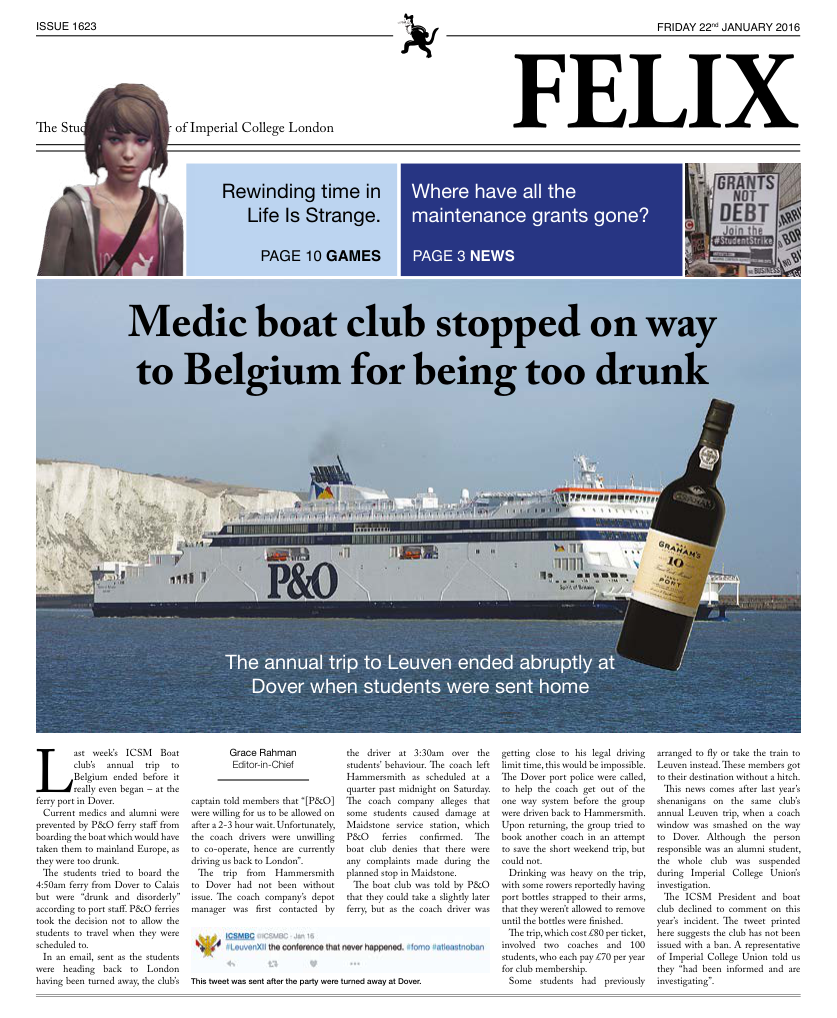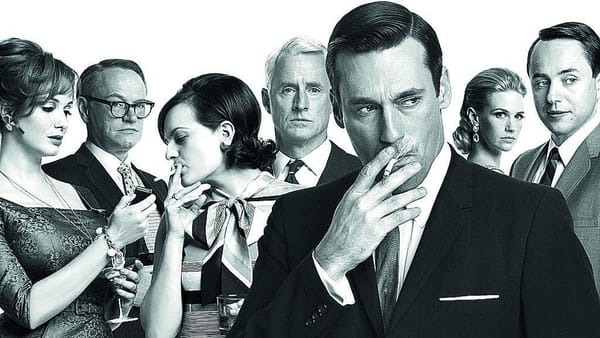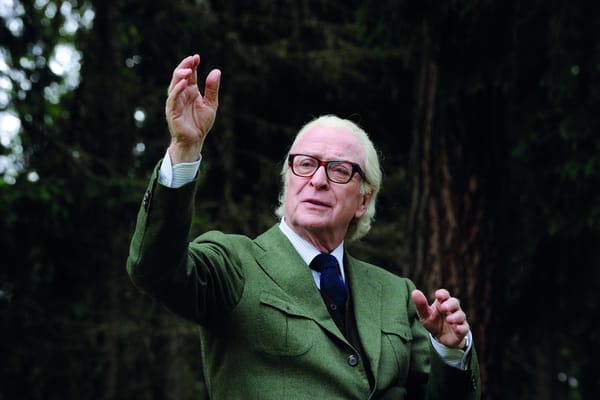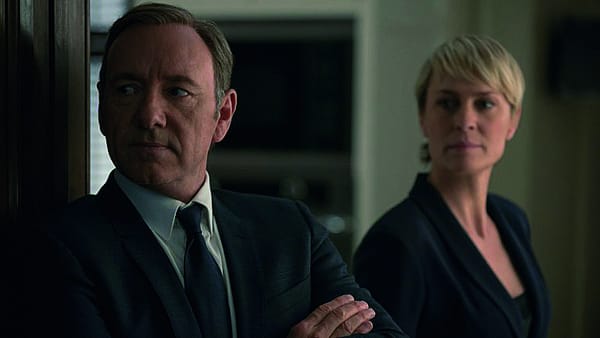The Fastest Man Alive
One of the finest comic book adaptations on the small screen
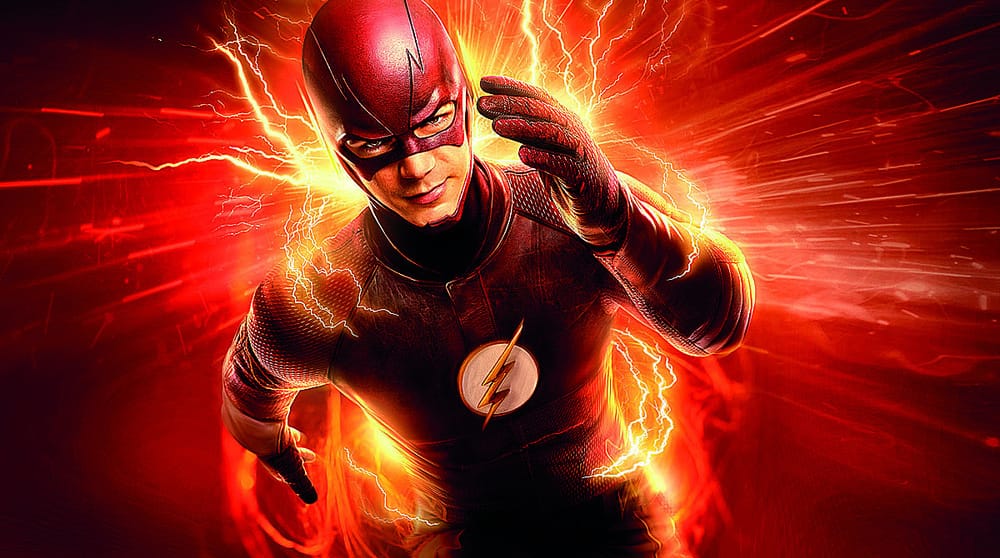
Pretty much any new TV series has a period of adjustment where the actors settle into their roles and the writers capture the show’s voice. Superhero shows are of course, no exception to this rule, as Agents of S.H.I.E.L.D. can testify. What makes the Flash unique is that it was able to hit the ground running straight off and just continually got better over the course of the next few months. Strictly speaking, it didn’t have to start from scratch; being a spinoff of Arrow, some of the characters and ideas were already established prior to its pilot.
A star feature of the show is Grant Gustin’s performance as Barry Allen, a forensic scientist and the series’ titular hero. Gustin gives us a Barry Allen who is immensely likeable and impossible not to relate with. A stark contrast from Stephen Amell’s intense and broody Oliver Queen, Gustin brings an enjoyable combination of youthful energy, delicate poignancy as well as a touch of Peter Parker-esque awkwardness to the table.
It isn’t just the main hero who gives an amazing performance, it is the entire supporting cast. A lot of the show’s driving force, drama and emotional core comes from Barry’s relationships with his circle of friends, families and allies. All the possible relationships are exploited to great effect. The two main highlights are Jesse L. Martin as Barry’s adoptive father and Tom Cavanagh as his mentor. Martin brings a nice touch of warmth to his role, both as an anxious father and a man perplexed by all the crazy things around him. Cavanagh’s Harrison Wells is the show’s most captivating character, appearing to care for Barry while also being more than what meets the eye, eventually becoming season one’s main antagonist. There isn’t enough time to go through all the characters but rest assured, everyone has their own quirks, traits and their time to shine.
Looking at all the underlying conflicts and how they develop overtime, it’s clear the Flash is able to succeed because it adopts the serialised nature of superhero comics really well. With each episode having its fair share of twists and surprises as well as a climactic cliffhanger, it serves as a reminder that ultimately, TV is inherently a better medium for superheroes than film. Weekly episodes can do serialised storytelling in a way a couple of films each year just can’t. Of course a major advantage of films is having more time and money to bring the powers and spectacles to life. For a TV drama however, the effects of the Flash are damn impressive. His super-speed is rendered well in creative ways as well as the abilities of the numerous villains. A particular highlight is Gorilla Grodd, a completely computer-animated villain who heavily featured in two episodes so far.
The show is also never afraid to embrace the more colourful, light-hearted and ostentatious features of comic books. The show is easily able to juggle between time-travel and telepathic gorillas while making everything work in a universe where powers are new and most people don’t know how to react to them. The show gets bolder with this as it goes along, with season two introducing the concept of the multiverse with dopplegangers from a parallel earth. The humour plays a big part in keeping things grounded and not letting the drama get out of hand. With all the fun and flashy elements of comics, the show provides a welcome change of pace from the dark and grounded adaptations going around.
While the show follows a standard ‘villain-of-the-week’ format, it is one done rather well. While some of villains come off as underdeveloped and one-dimensional, others have more nuanced and stronger appearances. Reverse-Flash and Zoom, the main antagonists of seasons one and two are done well as complex and terrifying main villains. Mark Hamill also shows up as the Trickster, a role he had from the 1990’s short-lived Flash series. His debut episode also proved that the show is capable of going into full-on camp territory without losing sight of its goal.
A major standout episode is the season one finale “Fast Enough”. It does away with the “final confrontation” trend, moving that to the penultimate episode. It was an intensely emotional finale, forcing Barry to decide just how much he’s willing to sacrifice in order to save his mother. Every actor was on full form and it felt like a great payoff to a season’s worth of buildup. It also ended on a cliffhanger which, while aggravating, left the window opened for anything. This is nicely fleshed out and explored in season two.
The Flash is set to get his own solo movie in 2018, but featuring a completely new cast, story and even Barry Allen in the form of Ezra Miller. While it’s an unusual and interesting decision, the movie version definitely has a lot to prove with the show setting the bar so high. With great acting and never being afraid to embrace its comic book roots, the Flash has an impressively high quality level and serves as a strong blueprint of how to do superheroes on TV.
The Flash is available on Amazon Prime

